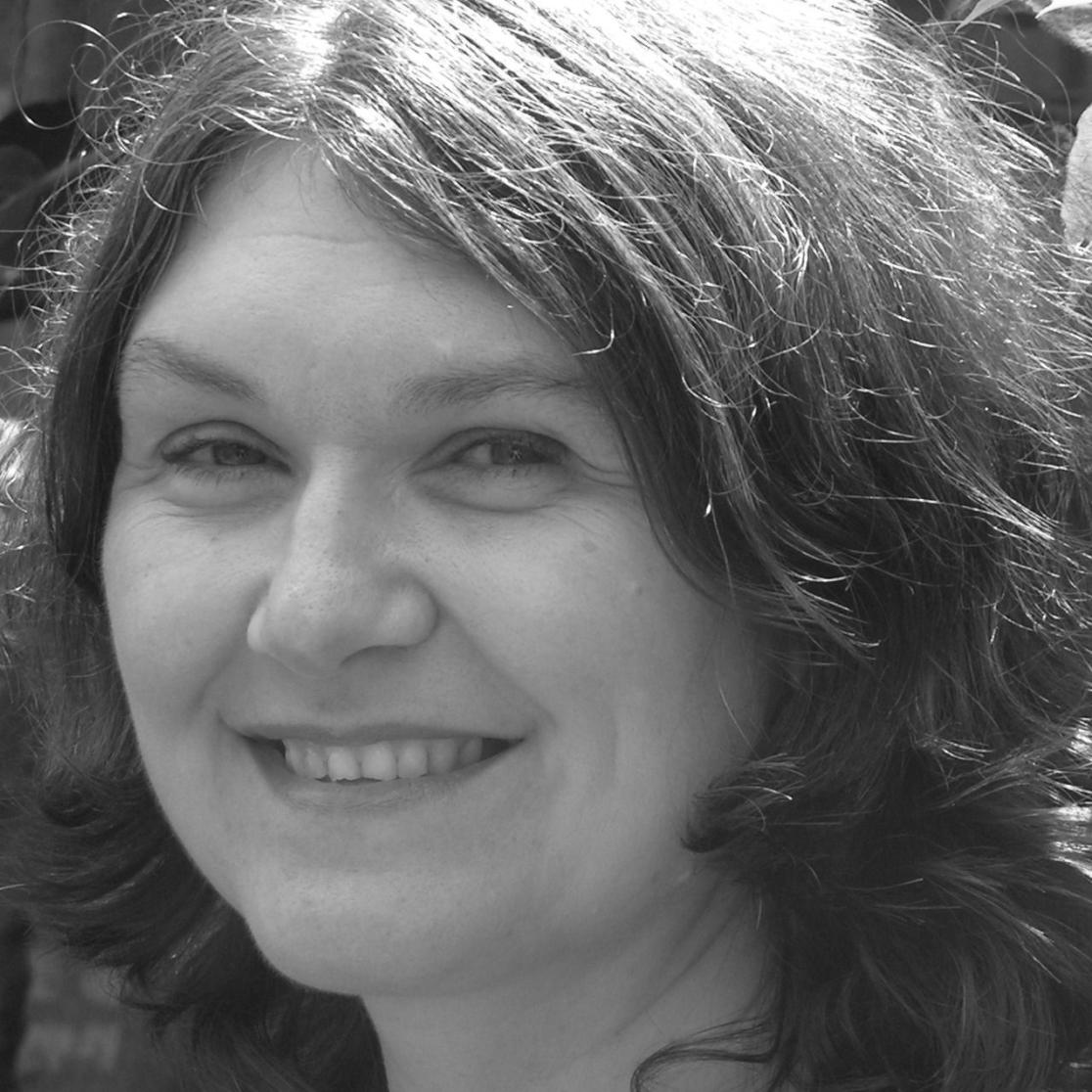Can Asian carbon trading schemes learn from EU case law?
While the EU has set up a legal framework in 2003 for an EU-wide emissions trading scheme with the aim of reducing its greenhouse gas emissions, countries such as China and Korea have more recently started to apply this instrument. Meanwhile, many court procedures have emerged in the EU regarding the emissions trading system.
Professor Marjan Peeters has delivered a presentation to the conference “Lessons from the evaluation of existing Emission Trading Schemes in China, Korea and the European Union for future design” thereby discussing what lessons can be drawn from the case law experience with the EU ETS for the legal design of a carbon trading scheme.
The conference (on 3- 4 November 2016) was organised by the School of Economics and Management, Beihang University, Beijing. Professor Peeters delivered her presentation through skype, also in view of avoiding carbon emissions that would be caused by travelling to China. In this sense, it is an experiment with doing scholarly work thereby producing less carbon emissions.
About Prof. Marjan Peeters
Since 2001 she works at the Faculty of Law at Maastricht University. Marjan focuses on different topics of environmental law, with an emphasis on legal aspects of climate policies. Marjan is co-editor of several books in the field of environmental and climate law, which are EU Climate Change Policy: the Challenge of New Regulatory Instruments (2006), Climate Change and EU Greenhouse Gas Emissions Trading: Lessons for Theory and Practice (2008), Climate Change Liability (2011), Climate Law in EU member states (2012) and EU environmental legislation (2014).
Since 1 February 2012 Marjan joins ICIS for one day a week, where she inter alia teaches the law course in the master Sustainability Science and Policy. From 1 June 2012 till May 2014 Marjan joined for one day a week an international team of legal experts at Leuphana Universität, Lüneburg, Germany, focusing on renewable energy regions.

Marjan Peeters holds the position of Professor of Environmental Policy and Law since 1 April 2008. She defended her PhD on tradable pollution rights in 1992. Between 1993 and 2002 she gained practical experience as environmental lawyer at the Dutch Ministry of Water Management and Transportation.
Also read
-
Andrés Caceres Solari on No room for Human Rights in Gaza and Ukraine: How the Law Legitimizes Urban Devastation
Pick Our Brains Session with Andres Caceres Solari

-
AMIBM hosts the final Realise-Bio conference
The Aachen Maastricht Institute of Biobased Materials (AMIBM) hosted last week the third and final Realise-Bio annual conference, bringing together the Dutch and German bioeconomy ecosystems at the Brightlands Chemelot Campus.

-
Macrophages as key to treating liver fibrosis
Sabine Daemen is researching how certain macrophages can slow down fatty liver disease and fibrosis in order to develop new therapies.
